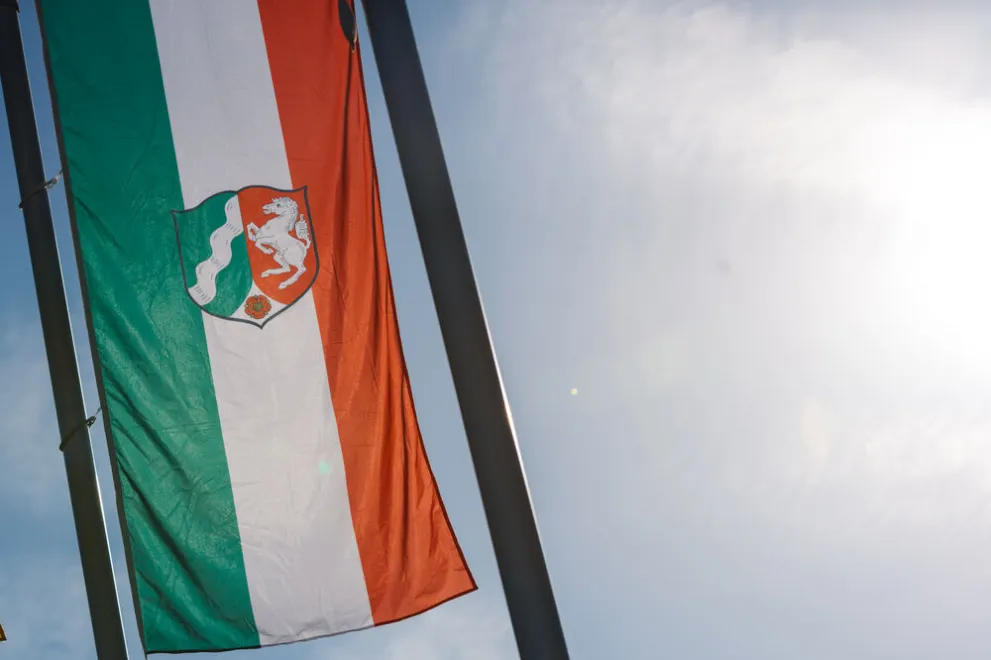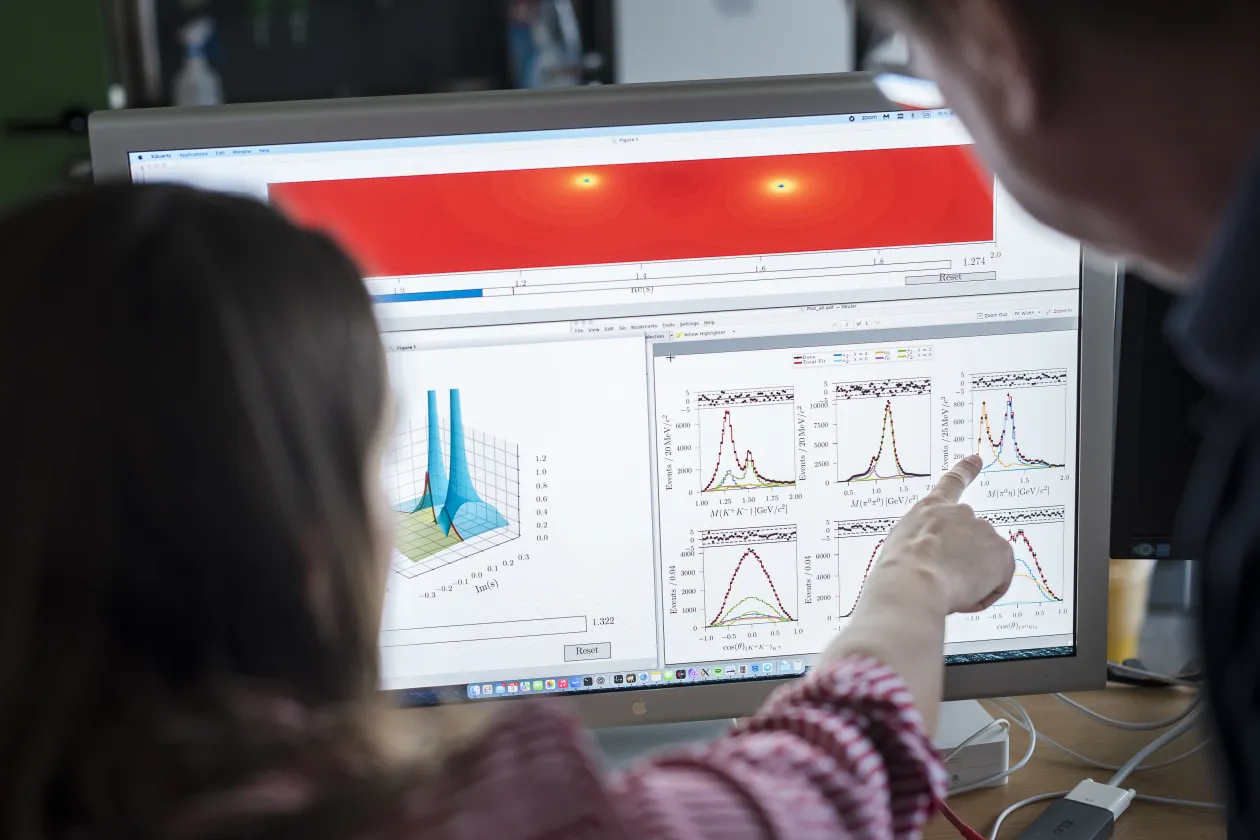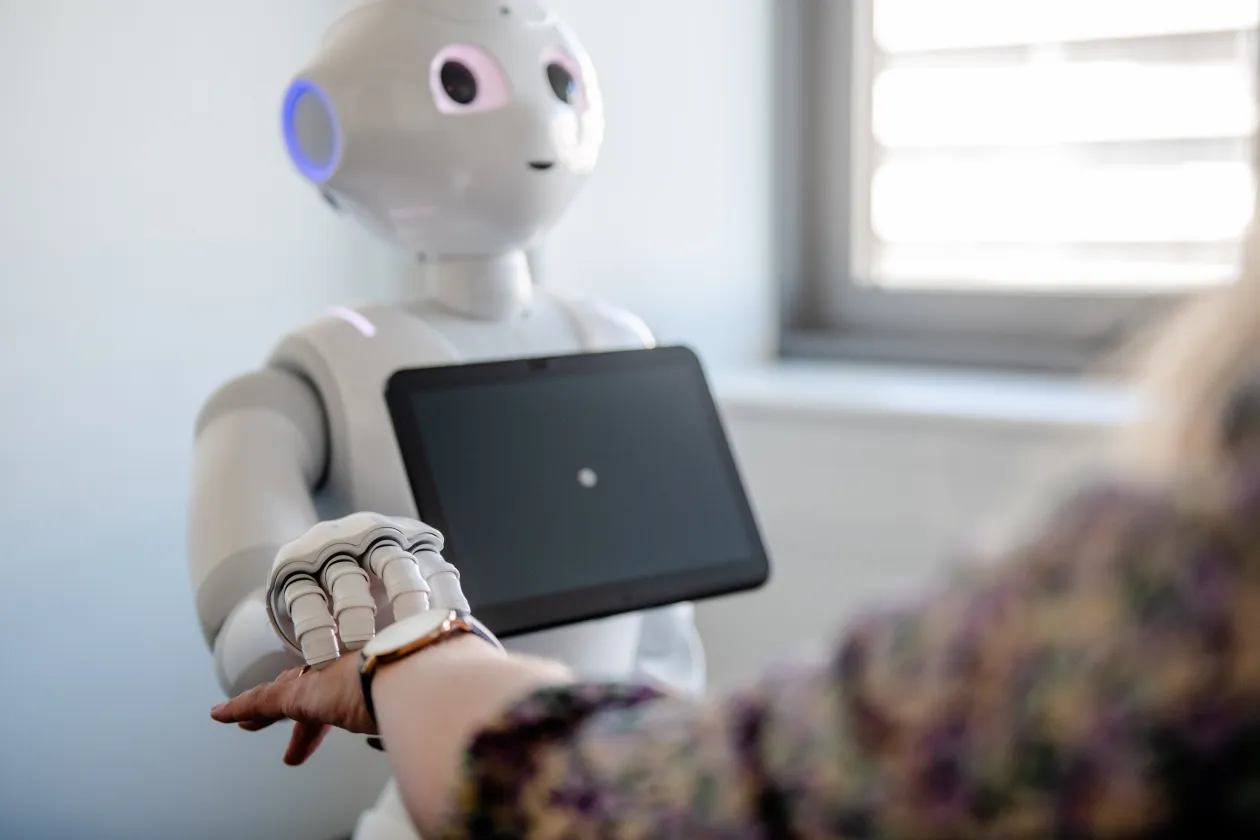Terahertz.NRW network
A pen to diagnose skin cancer, a sensor integrated into a cell phone to analyze viruses, bacteria and gases - the members of the terahertz.NRW network can imagine this and much more based on terahertz (THz) radiation. The available bandwidth is enormous; however, its use has so far been limited to laboratory set-ups. The network partners, who have been working together successfully since 2017, want to change this. The central goal of the network is to tap into the potential of miniaturized electronic and photonic THz circuits, in which the network partners are among the world leaders, for communication, localization, material characterization, medical technology and environmental monitoring.
The network aims to close the gap between established, basic, scientifically excellent research and innovation-driven economic development with considerable potential in the long term. Further projects are to be initiated from within the network.




